The Blood Pressure Basics: Here’s Everything You Need to Know
Answers to the most common questions I get from my patients about blood pressure.
by Caylin Cheney, Advanced Registered Nurse Practitioner
Key Takeaways
High blood pressure (also known as hypertension) is a condition in which your blood consistently puts too much force on your artery walls. Then, your heart has to work harder than normal to get blood flowing through your body.
If left untreated, hypertension can cause damage to our arteries, heart, brain, kidneys, and eyes.
This damage can contribute to conditions like heart attacks, heart disease, stroke, kidney disease, and more.
But don’t be alarmed! High blood pressure is very common, with nearly half of US adults experiencing it. It’s also very treatable through lifestyle changes and medication.
This is part of a series I’m writing about heart health. You can read my explainers on cholesterol basics and how chronic stress can impact your heart, too.
You’ve probably gotten your blood pressure taken almost every time you’ve gone to see a doctor or nurse practitioner – and maybe even at the pharmacy or the dentist, too. It is such a routine experience, but it can be hard to make sense of the results – and even what blood pressure really is or why it matters so much.
Let’s break down a few of the most common questions I get from my patients about blood pressure:
What is blood pressure? Why is having high blood pressure bad for you?
If you understand water pressure, you already know the basics of blood pressure. Just like water getting pushed to different parts of your house like the shower or sink, our blood moves through arteries (the muscular tubes of our circulatory system) to the rest of our body. And that blood exerts a certain amount of force on those arteries – just like water puts pressure on the pipes in a house.
But in both our house and our body, that force can take a toll if the pressure is consistently too high. High blood pressure is the more commonly used term for a diagnosis called hypertension – and if left untreated, hypertension can cause damage to our arteries, heart, brain, kidneys, and eyes. This damage can contribute to conditions like heart attacks, heart disease, stroke, kidney disease, and more.
That’s a lot to take in, I know. But take a deep breath if you’re worried about high blood pressure or have been diagnosed with hypertension: It’s a treatable and common condition (almost half of people in the United States have high blood pressure), that can be addressed with medication and lifestyle choices. We’ll get to that soon
By the way, there is also hypotension – the opposite of hypertension, in which someone has low blood pressure. We’ll focus on hypertension in this blog, but people with hypotension can feel dizzy, lightheaded, nauseous, and tired – and extremely low blood pressure can be a serious medical condition if left untreated, too.
How do I understand my blood pressure readings? What’s a healthy blood pressure range?
When a provider takes your blood pressure reading, she gives you two numbers. She might say something like, “Your blood pressure is 109 over 82.” What does that mean?
The first (or top) number is your systolic pressure, or the amount of pressure your blood is putting on your artery walls when your heart beats. The second (or bottom) number is your diastolic blood pressure, or the amount of pressure your blood is putting on your artery walls between beats, when your heart muscles relax. And in the monitor in the picture above, the number in the right corner would be your pulse.
A healthy range for blood pressure is if that top number is less than 120 and the bottom number is less than 80. Here’s a useful chart from the American Heart Association that can help you understand the differences between normal and elevated blood pressure, as well as different stages of hypertension or an emergency situation.
As an example, in the case of the photo above, this person might have stage 1 hypertension. But it’s important to remember that one blood pressure reading doesn’t make a diagnosis. For example, I sometimes experience white coat hypertension where I get a bit stressed or anxious when I go to medical appointments (and I’m a nurse practitioner myself!). So I often take my blood pressure readings at home to get a more accurate picture of what’s going on.
How you measure your blood pressure is really important to getting accurate readings. Here is a great overview of how to get the best blood pressure readings at home. Blood pressure goals (like most health goals) should be personalized to you and your specific health situation.
If my blood pressure is high, what do I do? How can I lower my blood pressure “naturally”?
I want to reassure you: High blood pressure is very treatable and many people experience it! So how can you make sure you have a healthy blood pressure?
Let’s talk about lifestyle first. The best ways to reduce your blood pressure (or to maintain a healthy blood pressure) actually tend to be the basics that I wrote about a few weeks ago. Fundamentals like:
Exercising regularly (aim for about 150 minutes per week);
Avoiding processed, high-fat, and high-sodium foods whenever possible;
Establishing healthy sleep habits;
Quitting smoking or reducing alcohol intake;
And managing stress and caring for your mental health
But medication can also be vital for lowering your blood pressure. There are many types of blood pressure medications available that we can talk about if you have hypertension, but overall they typically work by doing one of three things: Relaxing your blood vessels, helping your heart contract more efficiently, or removing excess fluid and salt from your body.
The idea of having high blood pressure can really, well… make your blood pressure rise! But it’s nothing to be ashamed of or to avoid – with proper diagnosis and treatment, it can fade into the background and just become a fact you share at first dates and parties (if you like to share really common, dull facts about yourself with strangers, that is).
If you’re worried about your blood pressure or just need extra support as you focus on your health, make an appointment today. Whole Person Well Care is built around a simple belief: you deserve to be seen, heard, and supported in your health journey! And I would love to walk beside you on that journey.






